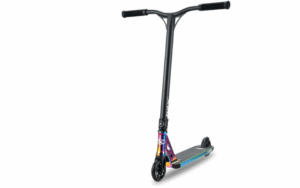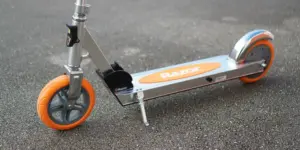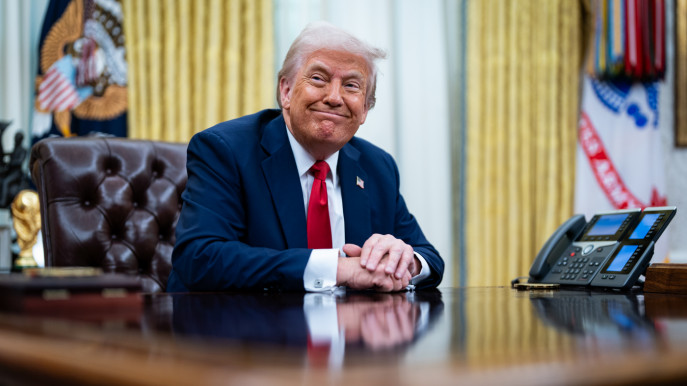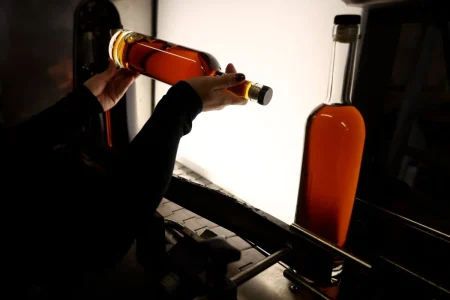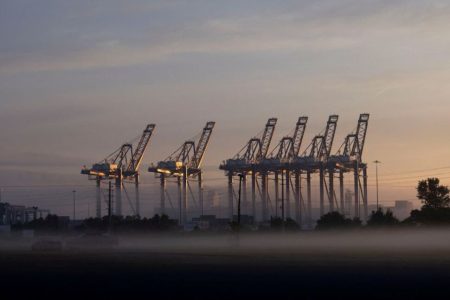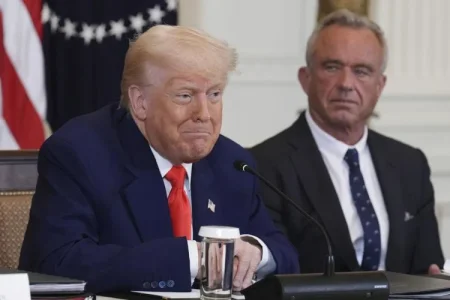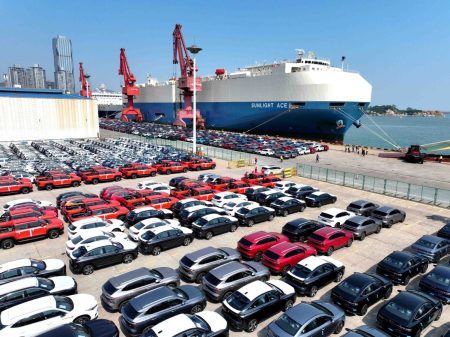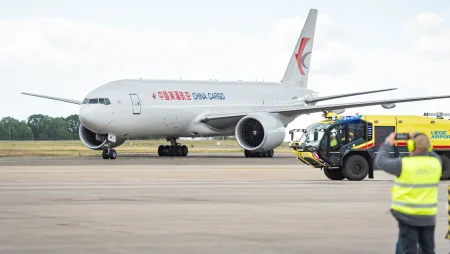The United States has reached a fast agreement with China to ease tariffs, but key allies like Japan, South Korea, and the European Union are still waiting for similar relief. While the U.K. secured a limited deal, most other countries on the U.S. trade list have seen little progress in talks.
In early April, President Trump introduced steep new tariffs on nearly all imports, targeting both rivals and allies. The tariffs were called “reciprocal” and began at a minimum of 10 percent. Some nations, including Japan and South Korea, received much higher rates—up to 25 percent.
The U.S. made quick progress with China and the U.K., but for other major trading partners, talks have been slow. One major issue is auto tariffs. The United States is still charging a 25 percent tariff on imported cars. This is a big problem for countries that rely on car exports, such as Japan, Germany, and South Korea.
Japan’s car companies, including Toyota, Honda, and Nissan, recently reported weaker earnings. They blamed the high tariffs for their lower profit forecasts. Japan’s economy also shrank in the first quarter of the year, and experts say falling exports are one reason why.
The U.K. made a deal that lowers car tariffs, but only on the first 100,000 vehicles sent to the U.S. each year. Japan and the EU export many more cars than that, so they want a broader solution.
South Korea is also pushing for a deal. Its trade minister met with U.S. officials to ask for an exemption. The South Korean government says about 330,000 jobs are linked to the car-parts industry, and many of these are now at risk.
The European Union wants a better agreement than the U.K. received. Officials in countries like Poland say the U.K. deal still leaves too many tariffs in place and that Europe needs more favorable terms.
Japan is trying to stay on good terms with President Trump. The country has not imposed its own tariffs and has avoided any public criticism. Japanese Prime Minister Shigeru Ishiba was one of the first world leaders to meet Trump after his re-election. Still, Japanese officials are asking for all new U.S. tariffs to be removed, including those on steel and cars.
Japan already signed a trade deal with the U.S. in 2019. In that agreement, Japan agreed to lower tariffs on U.S. agricultural products, and the U.S. lowered tariffs on some Japanese goods. But now, the new U.S. tariffs appear to override the old deal, creating frustration in Tokyo.
Experts say Japan might offer to buy more U.S. farm products and to import more American-made cars. Japan may also adjust its vehicle safety rules to match U.S. standards. Another possible offer could involve Japan’s shipbuilding industry, which might help rebuild U.S. naval capacity.
Other concerns may delay trade deals too. The U.S. is asking some countries to reduce their economic ties with China. It is also encouraging foreign currencies to rise against the U.S. dollar, something that may be unpopular abroad.
The recent U.S.-China trade deal has created room for the Trump administration to turn its attention to these unresolved negotiations. Officials say talks with Asian countries are continuing and could lead to progress soon.
But until clear agreements are made, the pressure from tariffs will continue to weigh on key U.S. allies. These countries are hoping for a fair deal that recognizes their long-standing trade relationships with the United States.
